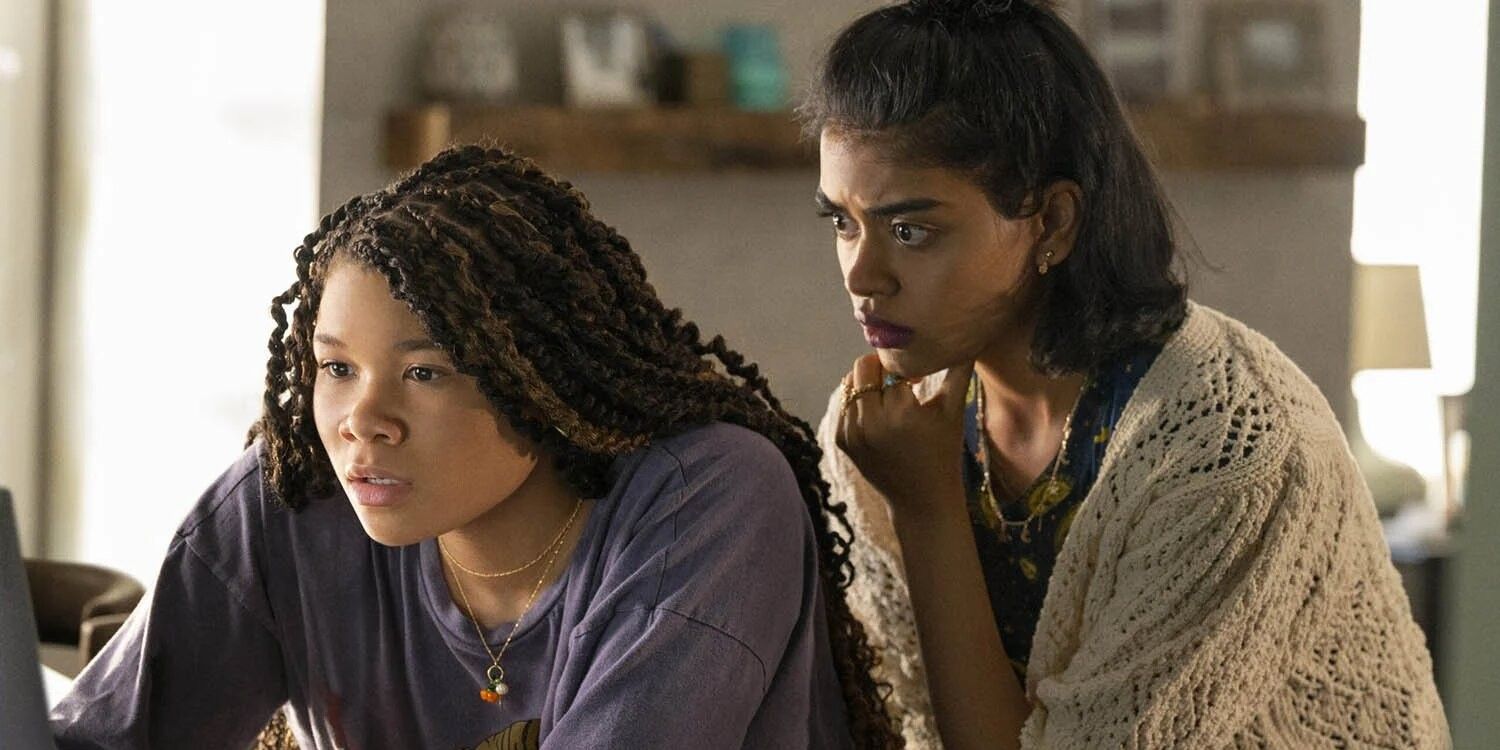War of the Worlds has been met with overwhelmingly negative reviews since its release earlier this month, and the modern remake of H.G. Wells’ iconic sci-fi story has done irreparable damage to an otherwise interesting and creative filmmaking trend. The movie is framed entirely through a computer screen recording, and unfortunately, doesn’t come close to achieving the greatness of Steven Spielberg’s 2005 movie.
The movie stars Ice Cube as a computer analyst working for the American government, who soon realizes that Earth faces an existential threat and begins to investigate the phenomenon on his computer. Thankfully, War of the Worlds isn’t the only movie to utilize this unique filming method—although it’s certainly one of the worst.
Missing Does The Computer Screen Idea Much Better Than War Of The Worlds
Despite War of the Worlds’ inability to make the screen recording concept look like anything more than a gimmick, there are actually a handful of movies from the past few years that pull it off to great effect. Missing is the strongest example, telling the story of a young girl named June who uses her computer to track down her mother after she goes missing during her vacation.
Just like War of the Worlds, the story of Missing takes place entirely through June’s computer. Unlike Rich Lee’s underwhelming adaptation, though, this project has a clear sense of purpose and minimalism that makes the narrative really stand out. Instead of aiming for huge set pieces and action spectacles that simply can’t be recreated on a computer screen, Missing focuses more on its characters.
Missing is a film that understands the limits of no physical locations, and instead places the characters themselves at the center of the story, trusting that their natural dialogue and human interactions will be enough to get viewers invested in the story. Where War of the Worlds received bad reviews for its failure to capture scope and magnitude, Missing removes this from the story entirely.
It also helps that Missing isn’t trying to be an action movie; it’s a pure mystery, and the use of computer technology helps June investigate her mother’s whereabouts in real time. There’s a clear reason why she’s spending all this time on the computer, whereas War of the Worlds feels incredibly forced and unrealistic given the destruction happening outside.
The main difference between these two projects is that Missing feels like a movie written especially for this concept, integrating computer technology into the narrative in fun and creative ways. Conversely, War of the Worlds was never a story that was intended to be told from a single room, and Rich Lee’s adaptation proves exactly why.






